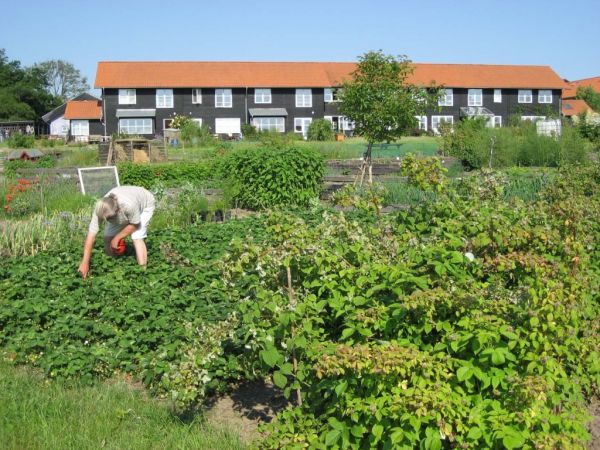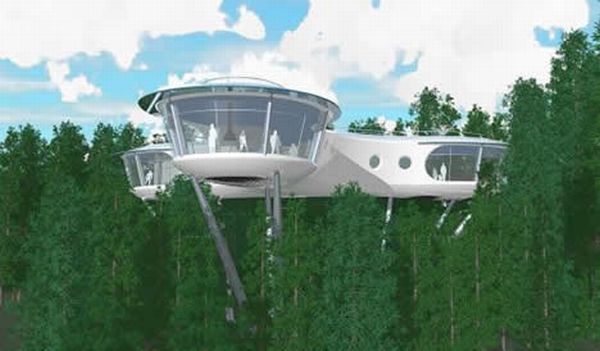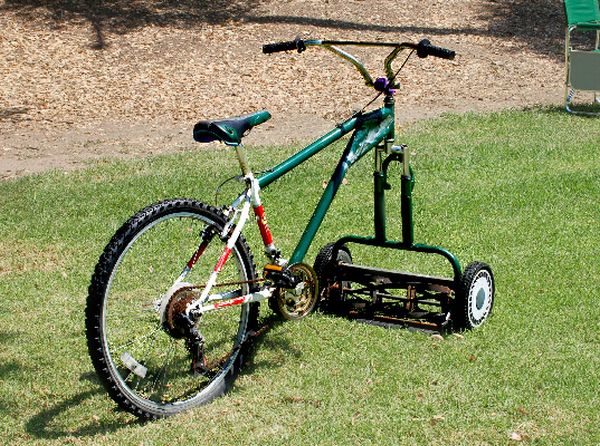
Who does not love to have a fresh basket of fruits and vegetables handpicked from oneâs own garden? Atleast considering all the green freaks like myself, possessing a thing worth an enviable flaunt edible greenery is not the only motive behind rearing a small cultivable area. Another important reason is keeping the green concept beat loud in the heart. A sustainable garden promises a better use of natural resources. It helps the nature in its own way. Growing a garden needs a lot of toiling and precious time to make the process successful. In this hectic age, when time is the most precious asset, sustainable gardening is the only way to reach your dreams of having a sweet beautiful garden. Here are some tips to help you make a better plantation out of an empty piece of land behind your house.
1. Grow your own vegetables
Needless to say, most people prefer to have a garden laden with beautiful flowers. But the secret is, reserve some space for some vegetables and fruit. Not only would it provide you the satisfaction of being the judge of which specific individuals to choose for your salads, you would also save the cost of buying vegetables from the vegetable vendors. Another benefit is that you would not have to hunt out for fertilizers. The decomposing vegetable remains would act as natural fertilizers to the soil of your garden.
2. Reduce lawn size
If you are the proud possessor of a green piece of meadow, you would require some time to digest this point. But the outcomes would be naturally welcome. Replace a long stretch of plain green lawn with small patches of trees and ferns. This would render your garden with smaller area to be mowed and toned, requiring a far less maintenance. Watering requirements would also drastically be reduced.
3. Use natural fertilizers
You can prepare compost of your own. Accumulate the remains of the plants, dried leaves and other waste organic products, bland then with finely shredded paper, put the entire mixture in a covered bin along with a good amount of water. Leave the entire thing to rot out. Three to four days later, apply fish meal or alfalfa meal to the compost and use it. It would be the best palate your garden had ever had!
4. Fight weeds
Weeds compete you pet plants for everything. But donât use weedicide or herbicide. Instead cover the weeded area with cardboard to prevent them from spreading. another great way to prevent weeds from spreading their roots is to keep changing the varieties of plants that you grow. Changed plantations act as shocks for weeds.
5. Use native plants
Donât go for the hybrid exotics. True, they look better, but their resistance to weeds, herbs and insects is far inferior to that of the raw native varieties. While the exotic forms will eat up a considerable time of your day, the native varieties would demand less.
6. Reduce garden maintenance
This would again sound a bit ridiculous, but is absolutely true. Stop maintaining over-maintaining your garden. Keep it simple, rather than presenting it an exotic view. Remember, nothing looks more beautiful than when presented in its natural state. Donât trim shrubs, let them grow at their own discretion. Keep it simple.
7. Donât use chemical pesticides
Rather than applying chemicals to your plants, let the nature take over. Natural predators are a far better way to control pests. Garden todes, chameleons and garden lizards are great ways to get rid of worms and pests.
8. Keep pests away
Insects get attracted to specific breeds of plants. By keeping a rotating garden cycle, most insects are naturally kept away. Another good natural way is to sprinkle salt or wood ash on the soil. Creeping insects generally cannot bear anything alkaline. This would do best to shoo them away. Third, as already discussed, use insect predators to keep your garden clean of pests.
9. Save water
Donât use what is not necessary, instead try to make facilities for lower water usage. First, crop out all weeds from your garden. They donât contribute anything, they just suck up a considerable quantity of water. Plan the arrangement of your plants in a manner wherein, those which require less sunlight are packed up in a shade. This way, they would lose less water to the air. Donât water bare lawns just to make the grass look green. Grass is dumb, it will survive with a lower water supply.
10. Recycle products
Recycling will not only reduce the burden on the environment, it will be beneficial to the garden also. Instead of throwing off the organic wastes, decompose them to produce fertilizers. Instead of throwing away wooden pots and plastic bottles, grow plants in them. Use things wisely. It would be the best option to do so.




